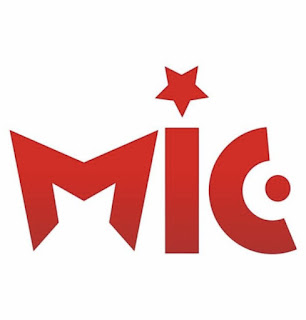Music cannot change the world! John Adams in Madrid
Is opera a
valid medium for social critique? This was one of the questions posed at a panel
discussion in Madrid in February with American composer John Adams as guest
speaker. John Adams answered the questions in Spanish and these are the notes I
made of his answer:
“This is a
difficult question. I do not agree with Bertolt Brecht. Art should not be
thought of as a means to social change … here I disagree with Peter Sellars.
The instruments for social change are politics, the economy, education. Even
so, subjects such as terrorism, the atomic bomb, the collapse of capital, are
of interest because they form part of our lives. These subjects become “mitos
de nuestros tiempos”, myths of our time,
and opera is the art of myths. I do not consider my works as social acts, but
rather as an expression of our inner lives.”
His answer
surprised me because I recently read his autobiography, Hallelujah Junction,
and the impression I had was that he is committed to social justice and that
his admiration for Alice Goodman, his librettist on several of his opera and
oratorio works, is largely based on her passion not just to tell a story but to
make an impact on society.
This made
me go back to the book when I got home and re-read the chapter Singing
Terrorists, on the birth of the opera The death of Klinghoffer. Sure enough,
there are several pages of deep thought about the related issues, but in the
end, writing about himself and Alice Goodman, he concludes: Neither of us was
trying to parse out judgment in equally measured doses, and neither was
attempting to make of the drama a political forum.



Comments
Post a Comment